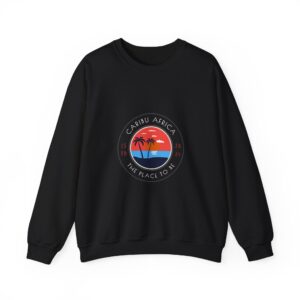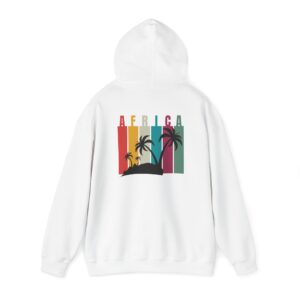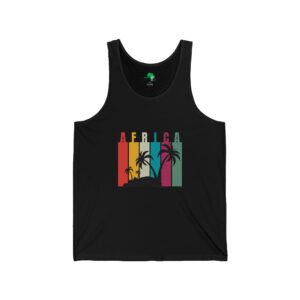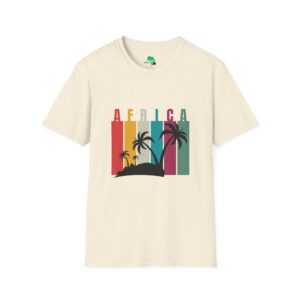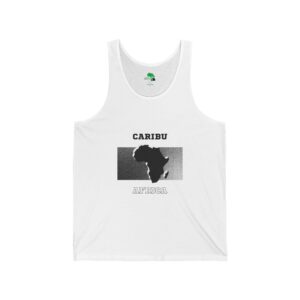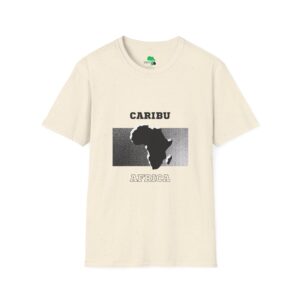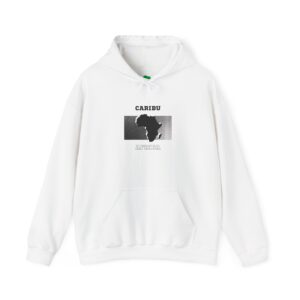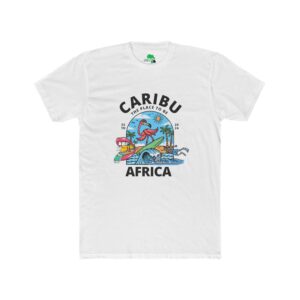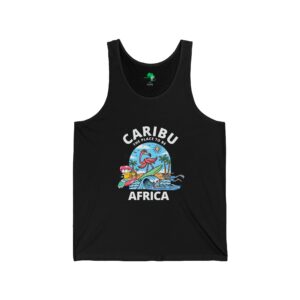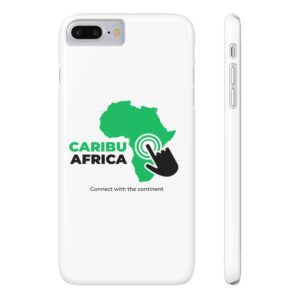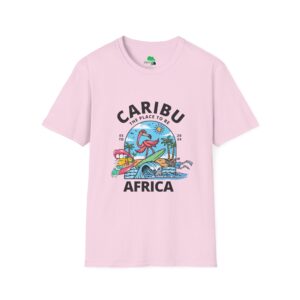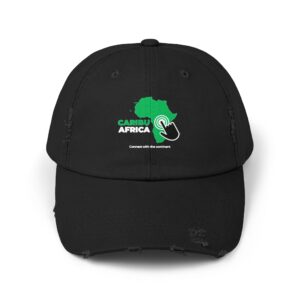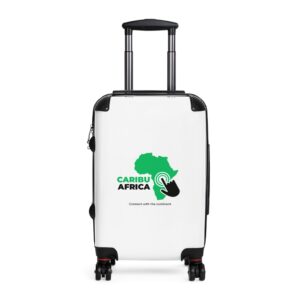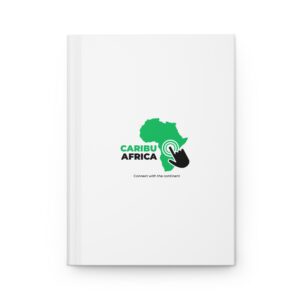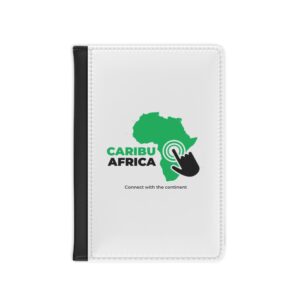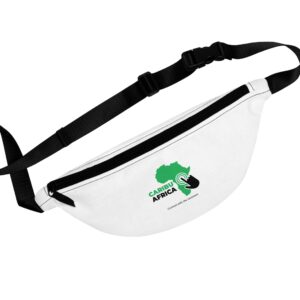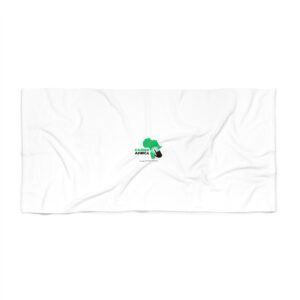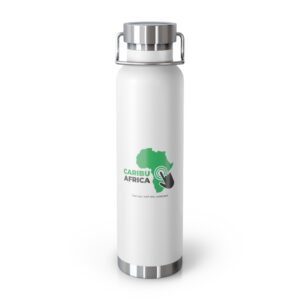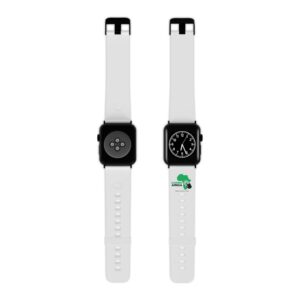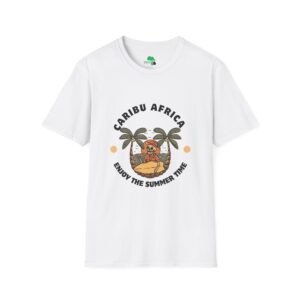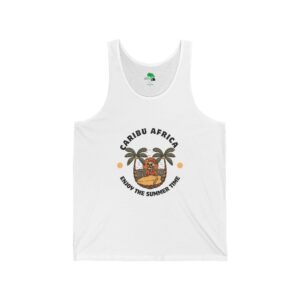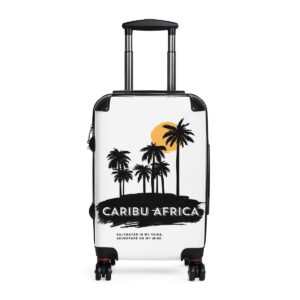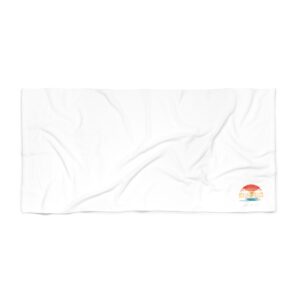Traveling to Africa is an exciting adventure. But, you need to pack right to have a smooth trip. This guide will help you pack everything you need, from important documents to safari clothes.
Wondering what you might forget? Africa’s different climates and cultures are key. Knowing these will help you pack smartly. This way, you’ll be ready for anything Africa throws your way.
Key Takeaways
- Understand the diverse climate zones and packing requirements across Africa
- Gather essential travel documents and paperwork for a hassle-free journey
- Pack the right clothing and footwear to conquer the varied African terrain
- Ensure your health and safety with a comprehensive medical supplies checklist
- Equip yourself with the necessary technology and communication tools
Understanding African Climate Zones and Packing Requirements
Planning a trip to Africa means knowing its many climates. From the hot deserts to the wet rainforests, Africa’s weather varies greatly. It’s important to pack the right gear for your adventure.
Desert Climate Considerations
The Sahara Desert is very hot and dry all year. You’ll need light, breathable clothes and sun protection. Remember to pack hats, sunglasses, and sunscreen to protect against the sun.
Tropical and Savanna Weather Preparation
The equatorial and sub-Saharan areas are hot and rainy. Choose clothes that dry quickly and keep you cool. Long-sleeved shirts and pants help against bugs and the sun.
Seasonal Variations Across Regions
Seasons change in different parts of Africa. The dry season is great for safaris, while the rainy season is perfect for lush landscapes. Pack layers for changing weather.
| Climate Zone | Typical Weather Conditions | Packing Essentials |
|---|---|---|
| Desert | Hot, dry, and sunny year-round | Lightweight, breathable fabrics, sun protection, hats, sunglasses, sunscreen |
| Tropical | High temperatures, frequent rainfall, and humidity | Quick-drying, moisture-wicking clothing, long-sleeved shirts and pants |
| Savanna | Warm temperatures, distinct dry and rainy seasons | Layers to accommodate temperature and precipitation changes |
Knowing Africa’s climates helps you pack right for your trip. This way, you’re ready for whatever weather comes your way.
Essential Documents and Travel Paperwork
Planning an African trip needs careful thought and preparation. You must have all the right travel documents. These include passports, visas, vaccination certificates, and travel insurance. Each document is crucial for a smooth and worry-free journey.
A valid passport is a must-have. Make sure it’s not set to expire soon. Many countries require your passport to be valid for at least six months. You might also need a visa, which can be gotten online or through a travel agency.
- Passport with at least 6 months of validity
- Appropriate visa for your destination(s)
- Vaccination certificates, particularly for yellow fever and other recommended immunizations
- Comprehensive travel insurance documents, including coverage for medical emergencies and trip cancellations
It’s important to keep your travel documents safe. Make copies of your passport, visa, and other important papers. Keep them apart from the originals. Also, store digital copies in a safe place or email them to yourself.
| Document | Importance | Checklist |
|---|---|---|
| Passport | Mandatory for entry and exit | Valid for at least 6 months |
| Visa | Required for most African countries | Obtain prior to travel |
| Vaccination Certificate | Proof of immunizations | Yellow fever, COVID-19, etc. |
| Travel Insurance | Coverage for emergencies | Medical, trip cancellation, etc. |
Having all the right africa travel documents and following a detailed africa travel checklist lets you travel to Africa with confidence and calm.
Clothing and Footwear Must-Haves for African Adventures
Packing the right clothes and shoes is key for a great African trip. Whether you’re on a safari or exploring cities, this guide has you covered. It will help you pick the best africa travel clothing and africa safari packing list.
Safari-Appropriate Attire
For safari, choose light, breathable, and neutral clothes. Khaki, olive, and earth tones are best. They help you blend in and avoid scaring animals. Stay away from bright colors and bold patterns.
- Quick-drying, moisture-wicking fabrics keep you cool and dry.
- Long sleeves and pants protect from sun and bugs while staying airy.
- A lightweight rain jacket or poncho is great for sudden rain.
Cultural Sensitivity in Clothing Choices
In African cities and villages, dress modestly and respectfully. Africa travel clothing should cover shoulders, chest, and knees. Avoid revealing or inappropriate clothes in conservative areas.
Weather-Ready Footwear Options
Choose comfortable, durable, and versatile shoes for your trip. Go for lightweight, well-broken-in hiking boots or shoes with good grip. Closed-toe shoes protect from insects and thorns.
Remember sandals or water shoes for pool or beach time. Make sure your shoes are broken in to avoid blisters.
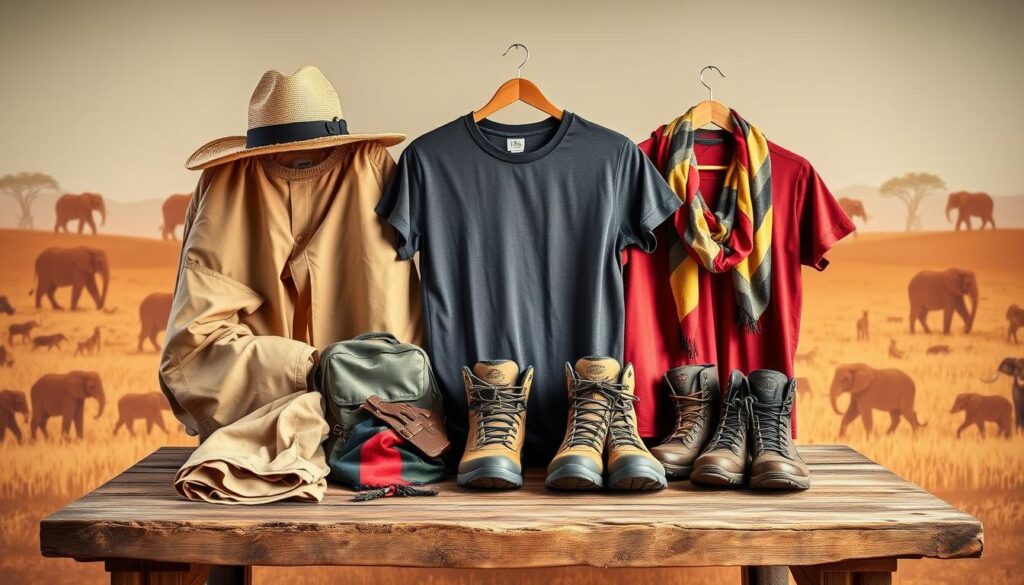
Health and Safety: Medical Supplies Checklist
Traveling to Africa is exciting but requires careful planning, especially for your health and safety. Having the right medical supplies is key to a great trip.
A first-aid kit is essential for africa travel medications and packing essentials africa. It should have bandages, antiseptic wipes, gauze, pain relievers, and any needed medications. Don’t forget over-the-counter items like anti-diarrheal, antihistamines, and decongestants.
Check if you need special vaccinations or preventive steps for your destinations in Africa. Talk to your doctor or a travel medicine expert. They can help with shots for diseases like malaria, yellow fever, and cholera.
| Essential Medical Supplies | Recommended Preventive Measures |
|---|---|
|
|
By preparing your africa travel medications and packing essentials africa carefully, you’ll be ready for any health issues. Always check with health experts and research your trip’s needs. This way, you’ll have a safe and unforgettable journey.
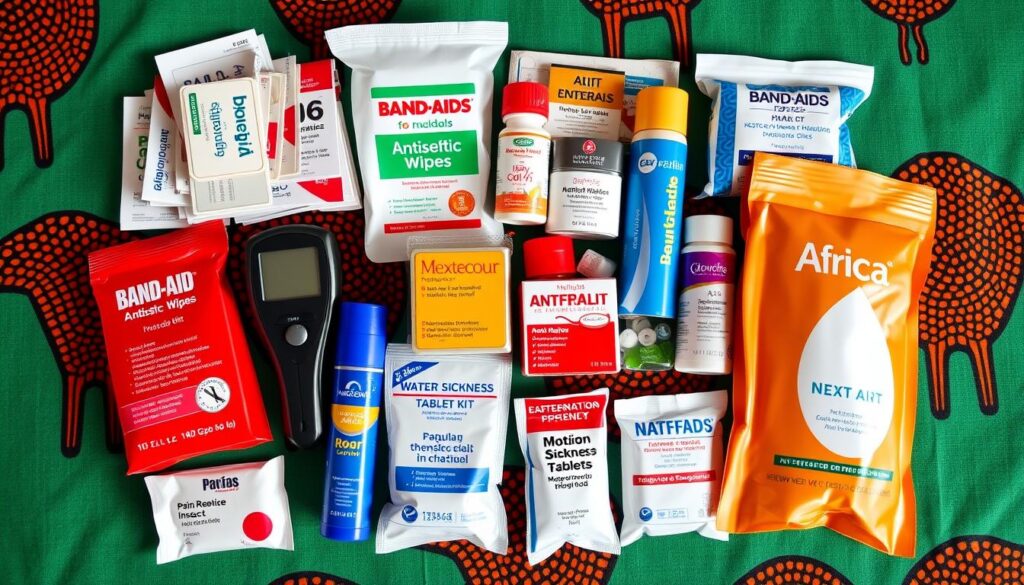
Traveling to Africa What to Bring: Complete Equipment Guide
When planning an adventure in Africa, packing the right gear is key. This guide covers the must-haves, from photography to safety. With the right equipment, you’ll capture amazing moments, navigate easily, and stay safe.
Photography Equipment
Africa is a dream for photographers, with stunning landscapes and wildlife. Bring a top-notch camera, lenses, and accessories. A DSLR or mirrorless camera is best for low-light and sharp images. Don’t forget extra memory, batteries, and a tripod for steady shots.
Navigation Tools
Navigating Africa’s vast landscapes can be tough. Use reliable tools to avoid getting lost. A GPS or a waterproof smartphone with GPS is crucial. Also, bring binoculars for spotting wildlife and landmarks.
Personal Safety Gear
Keeping safe is a top priority in Africa. Pack a first-aid kit, insect repellent, and sun protection. Consider a personal safety alarm or a portable charger. A good backpack or duffel bag helps organize your gear.
| Photography Equipment | Navigation Tools | Personal Safety Gear |
|---|---|---|
|
|
|
Packing the right africa adventure gear and africa safari packing list items is crucial. You’ll capture unforgettable moments, navigate with ease, and stay safe. Remember, being prepared is key to a successful trip. Invest in quality equipment to enhance your experience.
Personal Care and Toiletries for African Travel
Getting ready for an adventure in Africa means thinking about your personal care and toiletries. You’ll need sun protection and insect repellent to stay comfortable and happy. For packing essentials for africa, choose eco-friendly and travel-sized items. This helps you carry less and be kinder to the planet.
Protecting your skin from the strong African sun is vital. Bring a high-SPF sunscreen and a hat or sun hat to cover your face and neck. Also, pack insect repellent to keep mosquitoes and bugs away. Choose natural, DEET-free options that are good for your skin and the environment.
Keeping clean is important when exploring Africa’s varied landscapes. Carry travel-sized toiletries like biodegradable soap, shampoo, and conditioner. Don’t forget feminine hygiene products and any needed medications or supplements. By packing africa travel toiletries wisely, you meet your hygiene needs without using too much space.
“Preparation is the key to a successful and enjoyable African adventure. Prioritize eco-friendly and travel-friendly personal care items to make the most of your journey.”
When packing essentials for africa, be flexible and keep it simple. By carefully selecting your personal care and toiletry items, you can fully enjoy Africa’s beauty and wonders.
Technology and Communication Essentials
Getting ready for your African trip is more than just picking the right clothes and gear. You also need the right tech and ways to stay in touch. This part talks about the key tech items to add to your africa travel checklist.
Power Adapters and Charging Solutions
Africa’s different electrical systems can be tricky for travelers. To keep your africa adventure gear charged, bring a universal power adapter. It should work with the various voltages and plug types found across the continent. Also, pack a portable charger or power bank to keep your devices charged, even when outlets are scarce.
Communication Devices and Apps
It’s important to stay connected while exploring Africa. Get a reliable international SIM card or eSIM for data and calls. Also, download travel apps like Google Translate, Maps, and emergency services to help you get around.
Backup Solutions
Protect your important files and documents by making digital backups. Upload key files to cloud storage and bring a portable hard drive or USB drive. This way, you’ll have your photos, travel plans, and other vital info safe, even if something goes wrong during your africa adventure.
By packing the right tech and ways to stay in touch, you can stay connected, powered, and organized on your African trip. Make sure to include these items on your africa travel checklist for a smooth and unforgettable journey.
Luggage Selection and Packing Strategies
Getting ready for your African trip means picking the right luggage and packing smart. The right luggage can greatly improve your travel experience. You’ll need to think about weight, durability, and more when choosing your luggage.
Look for a suitcase or backpack that’s both light and strong. Airlines have rules for how much you can carry. Make sure your luggage fits within these limits. Also, pick a bag that can handle different weather conditions.
Packing well is essential for a smooth trip. Use packing cubes or folders to keep things organized. Roll your clothes to save space. And remember, pack lightly. You’ll often carry your bags, especially on safari or in remote places.
FAQ
What are the essential items I should pack for a trip to Africa?
For a trip to Africa, pack clothes for the climate, comfy shoes, and travel documents. Don’t forget medical supplies, personal care items, and camera gear. Make sure to check the region and activities for the right items.
How do I pack for the different climate zones in Africa?
Africa’s climates vary. For deserts, wear light clothes, protect from the sun, and stay hydrated. In tropical areas, choose breathable fabrics and use insect repellent. Be ready for temperature changes in different places.
What travel documents do I need for a trip to Africa?
You’ll need a valid passport, visa (if needed), and proof of vaccinations. Travel insurance, copies of important documents, and local currency are also wise.
What type of clothing and footwear should I pack for an African safari?
For a safari, wear neutral-colored, light, and breathable clothes. Long pants, long-sleeved shirts, and a hat protect from the sun. Choose sturdy, closed-toe shoes for uneven terrain.
What medical supplies and medications should I bring for my African trip?
Bring a first-aid kit, prescription meds, and anti-malarial drugs if needed. Over-the-counter remedies for common issues are also good. Make sure your vaccinations are current.
What essential equipment should I pack for my African adventure?
Pack a reliable camera, binoculars, GPS, and a portable power bank. Safety gear like a personal locator beacon is also important. Choose based on your activities.
How should I pack my luggage for a trip to Africa?
Choose lightweight, durable luggage that’s easy to carry. Use a backpack or duffel bag instead of big suitcases. Pack versatile clothes and use packing cubes to stay organized.

